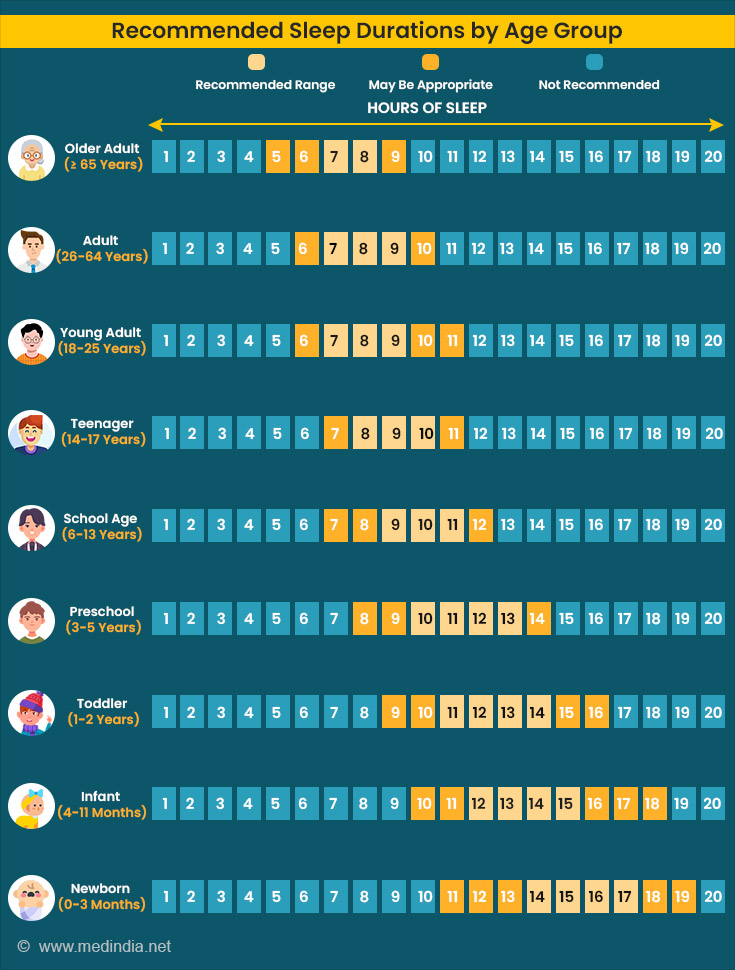Sleep is essential for physical health, mental acuity, and job performance, with specific needs varying by age. Implementing good sleep habits can improve overall well-being.
- Sleep is crucial for physical and mental health, impacting mood and cognitive functions
- Individual sleep needs vary by age, with adults needing 7-9 hours
- Consistent sleep habits and a good environment can significantly improve sleep quality
How Much Sleep Do You Really Need?
Go to source): Physical Health: Sleep is claimed to be associated with a number of health problems, from gaining weight to lowered immunity, high blood pressure, and depression. Furthermore, sleep regulates the production of hormones which in turn could influence metabolism and growth.
Lack of sleep can lead to serious health issues like obesity and depression! #sleephealth #wellness’
Job Performance: The individual who is well-rested works more productively, creatively, and alertly.

Individual Sleep Needs
The number of hours of sleep regarded as sufficient is relative to age. However, one can identify the fact that the mentioned needs differ from one individual to another. While some perform well on the lower end of the recommended amount, others do very well on more sleep.Recommended Sleep Durations by Age Group
Older Adult (≥ 65 Years): 7-8 hours
- Adult (26-64 Years): 7-9 hours
- Young Adult (18-25 Years): 7-9 hours
- Teenager (14-17 Years): 8-10 hours
- School Age (6-13 Years): 9-11 hours
- Preschool (3-5 Years): 10-13 hours
- Toddler (1-2 Years): 11-14 hours
- Infant (4-11 Months): 12-15 hours
- Newborn (0-3 Months): 14-17 hours
Tips for Improving Sleep Quality
Click here to know more about Habits to Improve Your Sleep- Be Consistent on Your Sleep/Wakeup Schedule
- Develop a Good Night’s Sleep Routine
- Improving Your Environment for Sleep
- Limit Screen Time Before Bed
- Manage Stress
- Watch Your Diet
- Regular Exercise
Reference:
- How Much Sleep Do You Really Need? - (https://www.thensf.org/how-many-hours-of-sleep-do-you-really-need/)
Source-Medindia
















